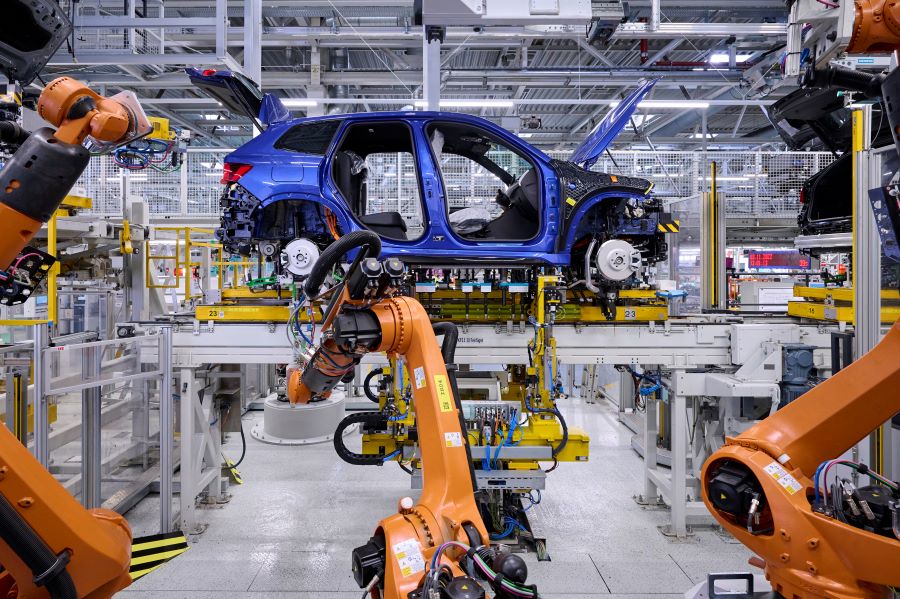WASHINGTON—The U.S. Department of Energy (DOE) has announced $3.1 billion in funding from the Biden Administration’s Bipartisan Infrastructure Law to make more batteries and EV components in the United States. The investment will support the creation of new, retrofitted and expanded commercial facilities, as well as manufacturing demonstrations. A separate $60 million initiative will support second-life applications for batteries once used to power EVs, as well as new processes for recycling materials back into the battery supply chain.
“Positioning the United States front and center in meeting the growing demand for advanced batteries is how we boost our competitiveness and electrify our transportation system,” says U.S. Secretary of Energy Jennifer Granholm. “President Biden’s historic investment in battery production and recycling will give our domestic supply chain the jolt it needs to become more secure and less reliant on other nations—strengthening our clean energy economy, creating good paying jobs and decarbonizing the transportation sector.”
According to Granholm, responsible and sustainable domestic sourcing of the critical materials used to make EV batteries—lithium, cobalt, nickel and graphite—will help avoid or mitigate supply chain disruptions and accelerate domestic battery production.
“For too long, other countries have been outpacing the United States in funding new technologies,” claims Senator Debbie Stabenow (D-MI). “We are at a critical moment in our competition to build the next generation of electric vehicles and batteries here in America, and to secure Michigan’s automotive leadership in these next-generation vehicles. [This] funding will help us win this race by investing in our supply chain and manufacturing here at home.”
The Bipartisan Infrastructure Law directs more than $7 billion to strengthen the U.S. battery supply chain, which includes producing and recycling critical minerals without new extraction or mining, and sourcing materials for domestic manufacturing. It also includes $7.5 billion for EV chargers, $5 billion for electric transit buses and $5 billion for electric school buses.






